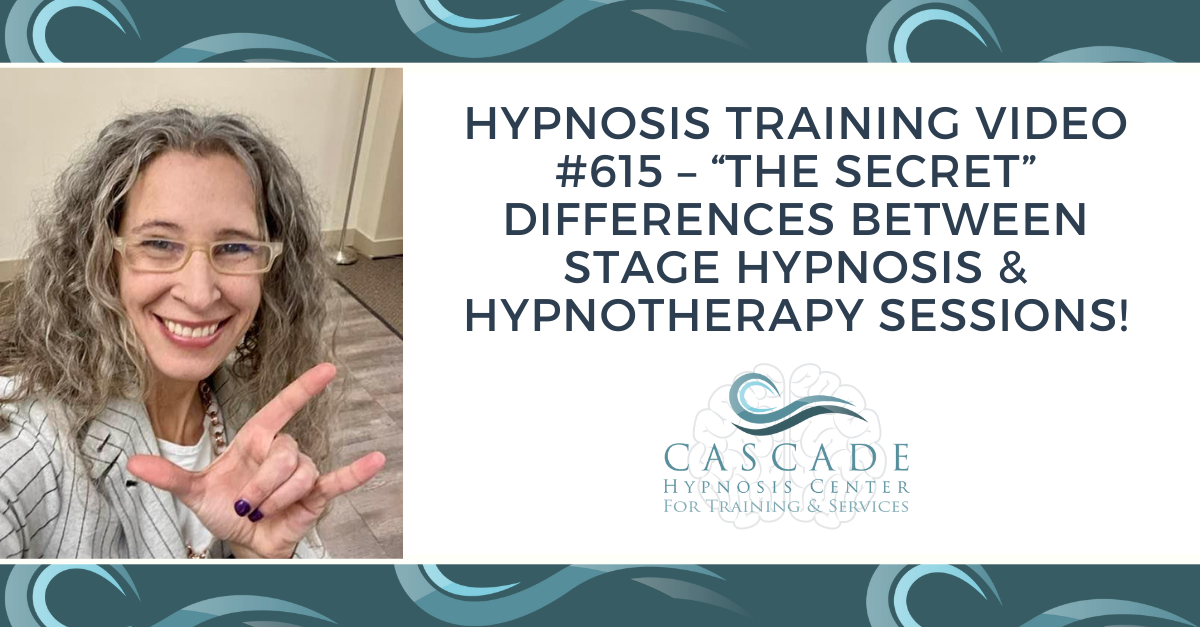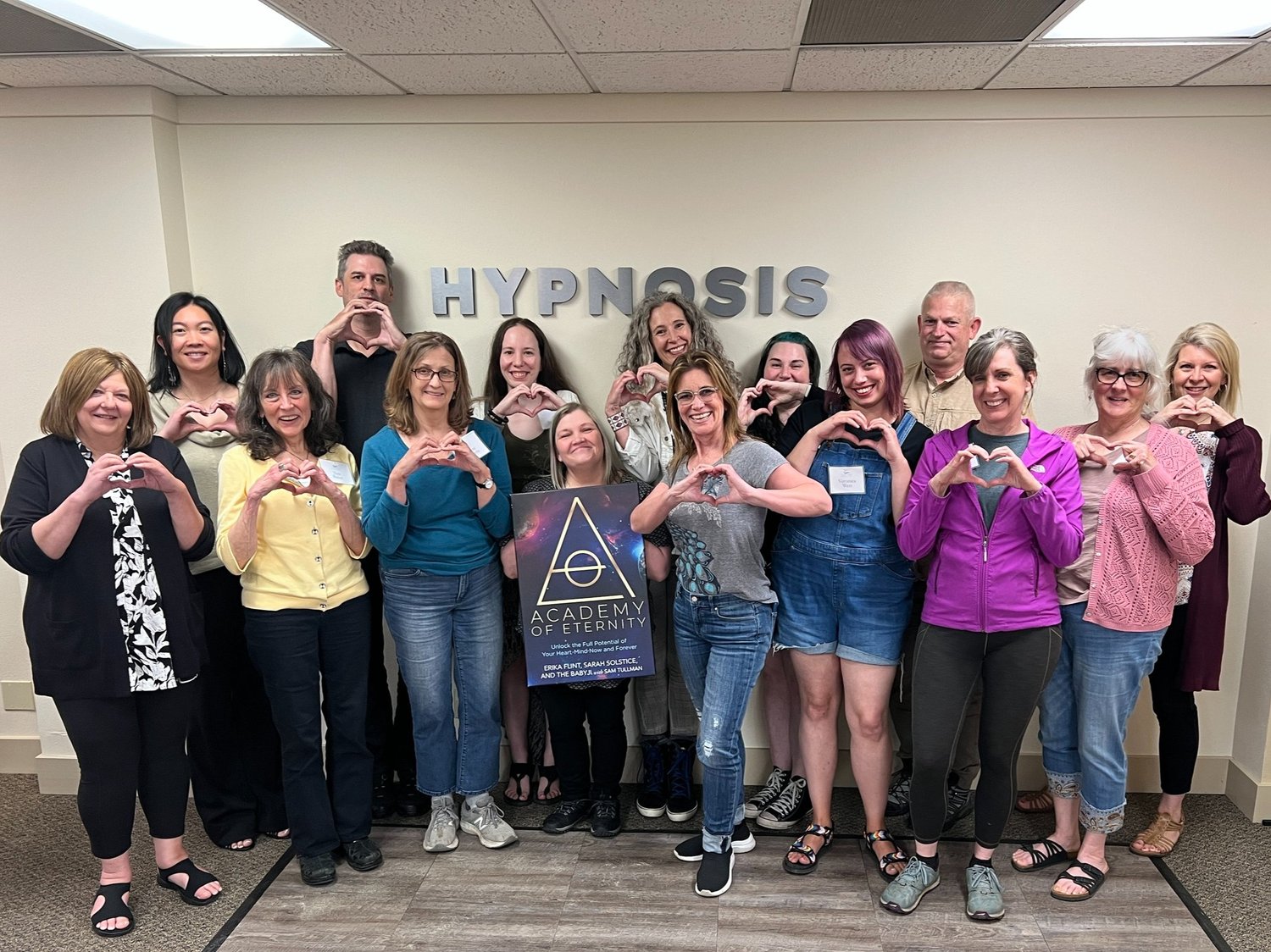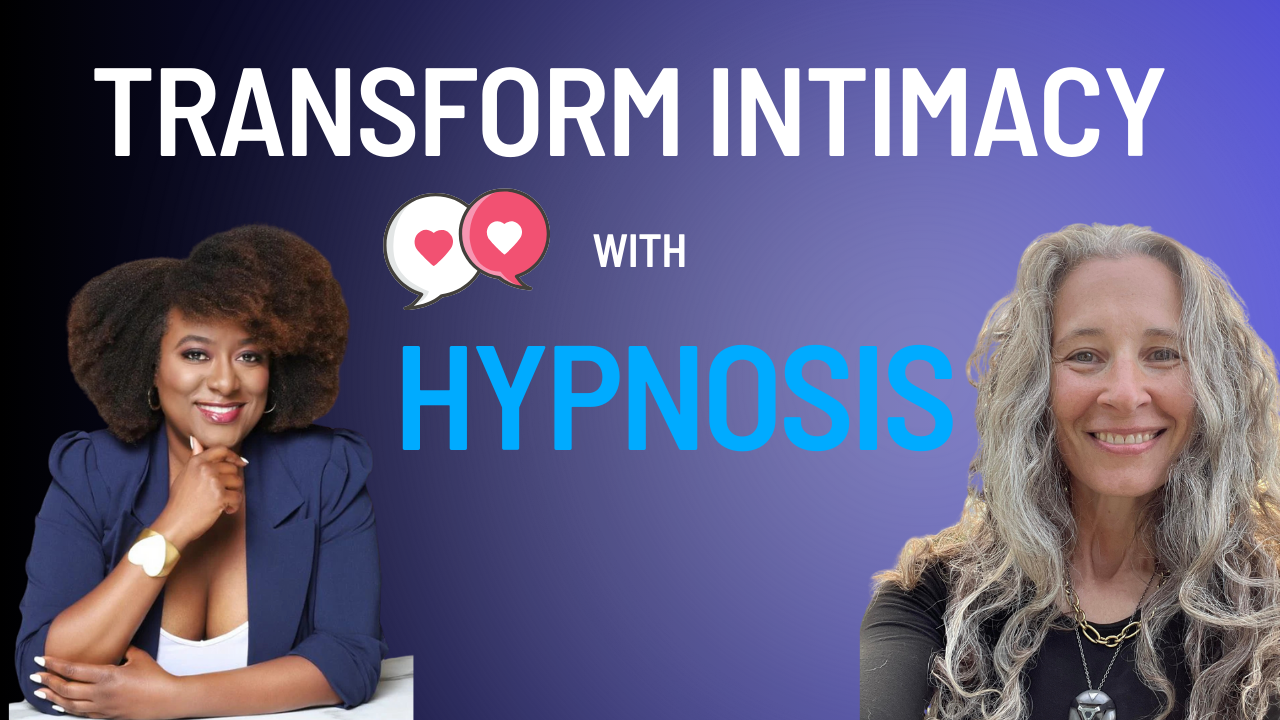The Difference Between Hypnosis and Meditation
Is there a difference between meditation and hypnosis? Especially self-hypnosis? They are both deeply relaxing, calming states to support a positive, calm mindset. But are there differences, or is it just semantics? And if differences exist, which option is better for you? Let’s take a look, so you can take greater control of your brain.
What is Meditation?
Meditation is the practice of training your awareness. Encouraging a heightened state of awareness makes it easier to manage emotions, reduce stress, achieve goals, and improve your well-being. There are numerous forms of meditation, but they can be broken down into 2 basic types: concentrative and mindfulness meditation.
Concentrative meditation involves focusing on a something specific like a sound, phrase, object, or idea -- usually with an element of repetition. This includes focusing on the ticking of a clock, breathwork, staring at a candle, and repeating a mantra to yourself. You are practicing keeping focused on one thing while allowing any other sounds, thoughts, or distractions to fade away.
Mindfulness meditation involves practicing awareness without judgement. Instead of focusing on something specific, you are instead allowing your thoughts to flow without attaching judgements to them. Mindfulness isn't stopping your thoughts or having no thoughts. It's more like trying to switch from a first person perspective to a third person perspective.
Meditation and mindfulness has become a popular practice for people of all ages, with continuing scientific support of it's benefits.
What is Hypnosis?
Hypnosis is a state of consciousness involving focused attention and an enhanced capacity for responding to suggestion. It is a naturally occurring state that everyone experiences. The most common example people experience is "Highway Hypnosis," which is when you're driving and get so lost in thought it seems like you've teleported 5 or 10 miles closer to your destination — usually on the way home.
Hypnosis happens any time you're so focused on something that you lose track of time. It can happen when you’re watching a really good movie, having a lovely conversation, or spending time on a beloved hobby. “Time flies when you’re having fun,” is really just experiencing hypnosis!
Whereas meditation and mindfulness are more for overall well-being, hypnosis chooses a specific goal or focus that has an end-point in mind. Hypnosis is incredibly effective for feeling more confident, overcoming stress, releasing past trauma, developing better eating patterns, stopping smoking, sleeping better, and so much more. Hypnosis can be done alone or in a professional setting with a certified Hypnotherapist for more individualized and faster results. Whatever the intention you enter professional hypnosis with, you can often start seeing results the same day.
Hypnosis uses the biology of your brain to reprogram the inner operating system of your mind, the most powerful computer ever. Hypnosis works quickly and efficiently to find the root of what's holding you back, neutralizing it, and replacing it with the positive habits you set out for. By setting these intentions, you can move from the depths of despair to heights of joy!
Meditation and Hypnosis – A Comparison
Both meditation and hypnosis provide incredible benefits. Both are positive, pleasant experiences, and both help countless people lead happier, more fulfilled lives. The two disciplines certainly overlap in many ways, but there are differences.
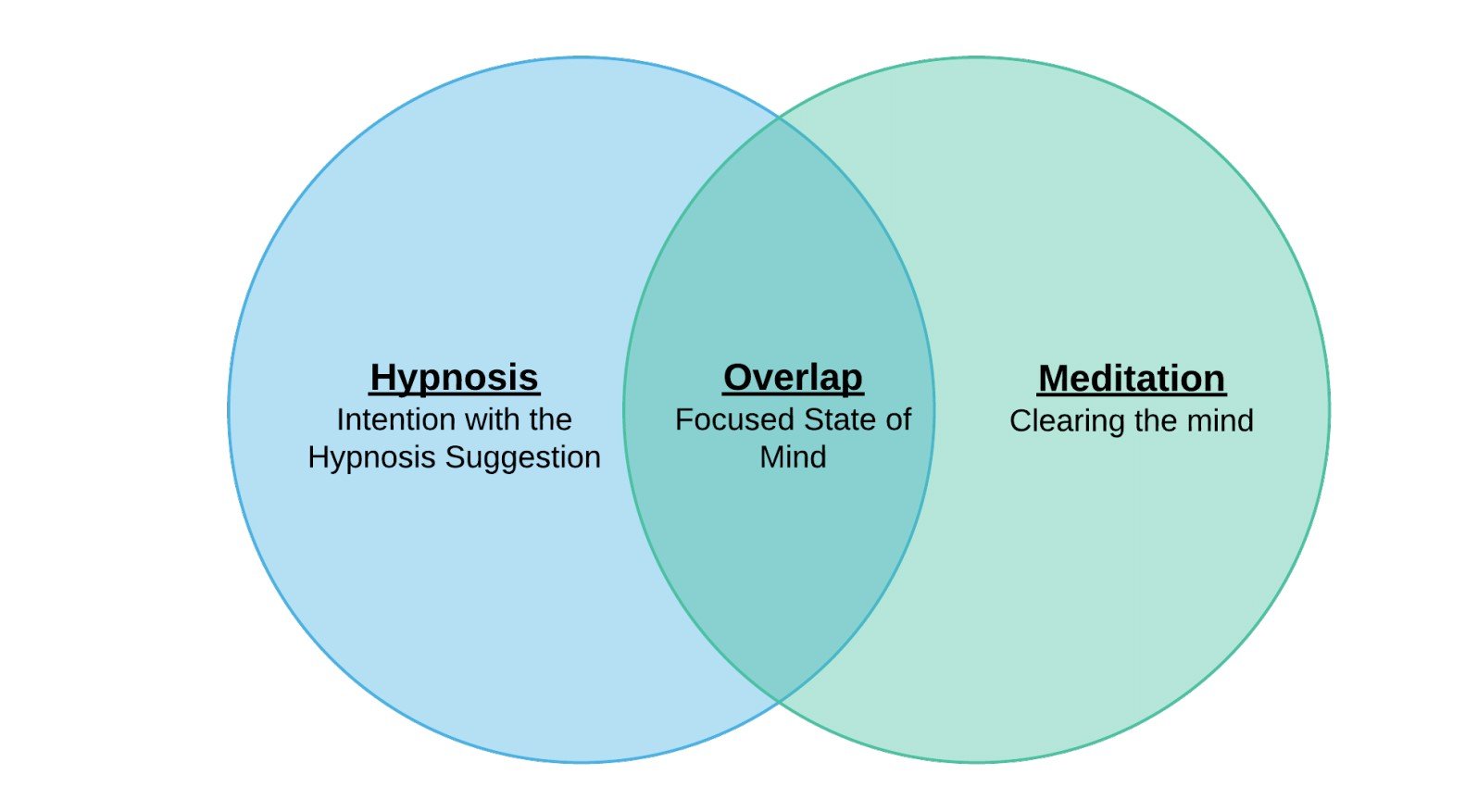
Image from Can You Be A Hypnotist? by Erika Flint
Hypnosis, especially hypnotherapy, has an end goal in mind; whereas meditation is more of a passive practice or discipline. Meditation generally focuses on keeping the mind clear to practice increasing your overall awareness, whereas hypnosis and self-hypnosis want to quiet your overall awareness to access your subconscious mind for direct hypnotic suggestions. Both have the potential to help you reach your goals, but a compassionate and experienced hypnotherapist can get you there with more focus and efficiency. One of the things I most love about being a hypnotherapist is it's truly an effective way to help people that are struggling with their most intense vulnerabilities. It worked so well for me that I changed my whole career to become a hypnotist.
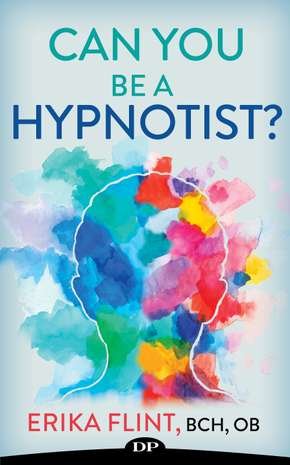
Do you dream of becoming a professional hypnotist and helping people with big issues, but have no idea where to start or if you can make a living at it? If you're serious about helping others with hypnosis and also want meaningful work that makes a positive impact in the world, you can easily learn about the modern, professional, and heart-centered approach to hypnotherapy that brings lasting relief to clients, and fulfillment and a lucrative career to the practitioner. Get a free copy of my third book, Can You Be A Hypnotist? to discover how you can have a fulfilling and lucrative career as a professional hypnotist.

